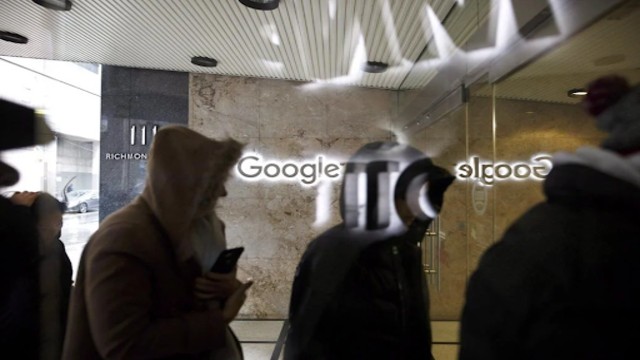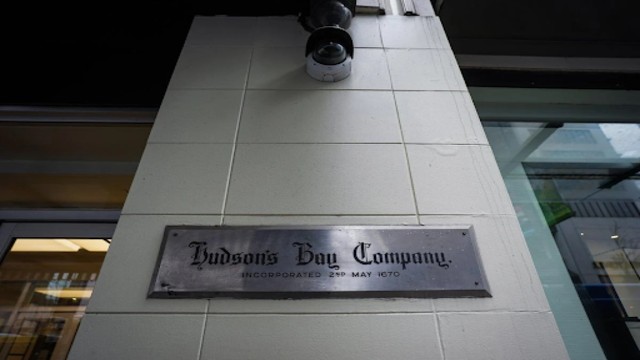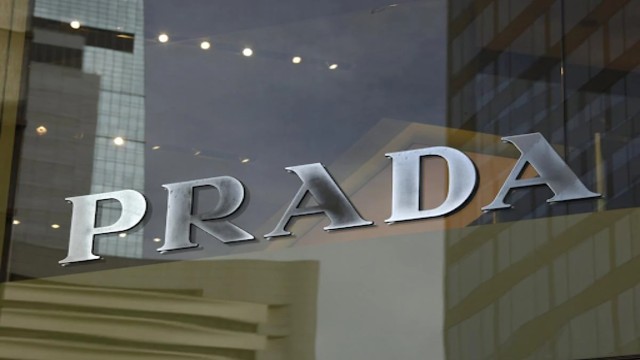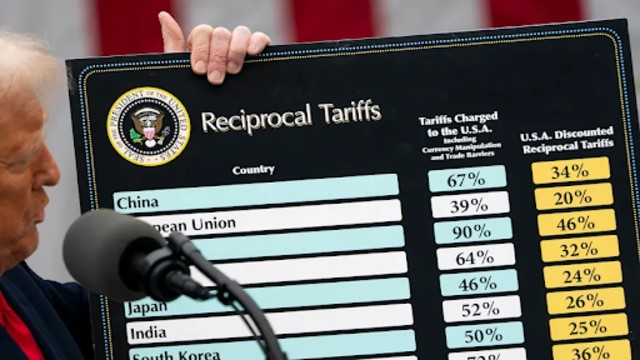
Google Canada employees return to the Google office in Toronto following a walkout, Nov. 1, 2018. Photo via THE CANADIAN PRESS
In a formal response to the Competition Bureau’s lawsuit, Google has denied allegations of abusing its market power in Canada’s online advertising industry. The tech giant insists that it does not possess the “substantial degree of market power” claimed by the Bureau.
The Competition Bureau has accused Google of engaging in anticompetitive practices, particularly within the online advertising market. It is seeking a court order requiring Google to sell two of its ad tech services and impose a penalty on the company. Google, however, strongly refutes these claims and has filed court documents to defend its position.
The Dispute Over Market Definition
One of the key points of contention is the Bureau's definition of the market. Google argues that by concentrating solely on web advertising, the Bureau has narrowed its focus to a small segment of the broader digital advertising landscape. The company claims that this approach does not reflect “commercial reality” and lacks proper economic and legal analysis.
According to Google, the Bureau’s analysis is disconnected from the actual market dynamics, and its definition of the market is artificial. The company is challenging the entire basis of the lawsuit, calling the approach misguided.
The Allegations Against Google
The Competition Bureau’s lawsuit revolves around claims that Google has used its market dominance to stifle competition. It alleges that the company has tied together its advertising technology tools in ways that maintain its dominant position, inflate advertising costs, and harm smaller competitors. The Bureau also claims that Google's actions have hindered innovation and reduced the revenue of publishers.
Google’s ad tech services, including DoubleClick for Publishers, AdX, Display & Video 360, and Google Ads, are said to dominate the Canadian market. The Bureau estimates that Google holds around 90% of the market share in publisher ad servers, 70% in advertiser networks, and significant shares in other areas like demand-side platforms and ad exchanges.
Google’s Defense: A Competitive Market
In its defense, Google maintains that the ad tech industry remains competitive and innovative. The company argues that its market share has decreased over time while the quality of services has improved. It also points out that the costs associated with its ad tech services have either remained stable or declined. Google asserts that the Competition Bureau's claims about its market dominance and lack of competition are simply not true.
The company further argues that if the Bureau’s case succeeds, it would harm innovation and competition in Canada rather than promote it. Google believes that the lawsuit could have serious consequences, not only for its business but for the broader tech industry.
Penalty Dispute
The Competition Bureau is also seeking a financial penalty, demanding that Google pay three times the value of the benefit it gained from its alleged anticompetitive practices, or, if that’s not possible to calculate, three percent of Google’s worldwide gross revenue. Google argues that this penalty is unconstitutional and could have negative effects on businesses’ willingness to innovate.
In its filing, Google contends that such a penalty would diminish the incentives for the company, as well as others, to invest in innovation, ultimately undermining consumer welfare.
Next Steps in the Legal Process
The ongoing legal battle is taking place at the Competition Tribunal, a quasi-judicial body responsible for hearing cases related to the Competition Act. Google’s response marks the latest development in a case that has been under investigation since at least 2021.
The Competition Bureau has yet to comment on Google’s defense. However, the outcome of this case could have significant implications for the digital advertising industry in Canada.















